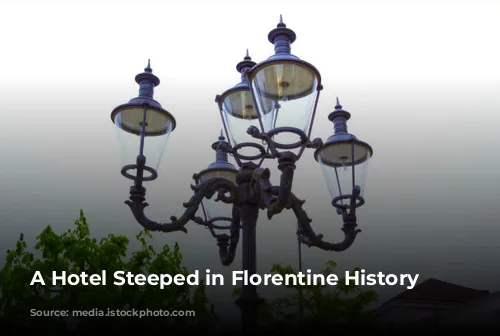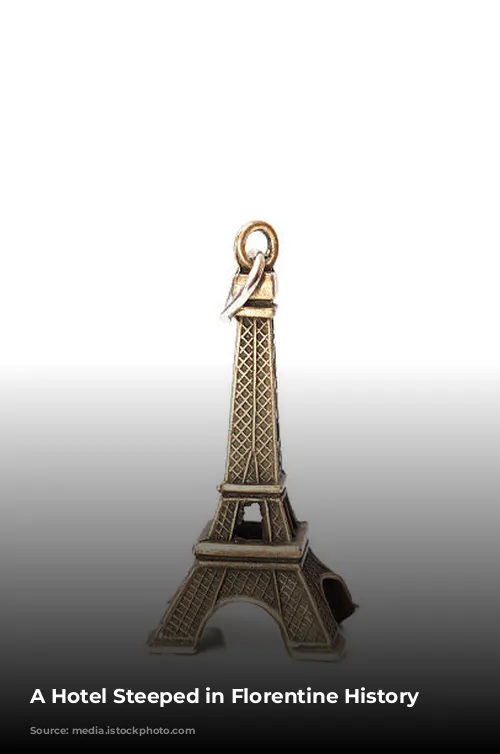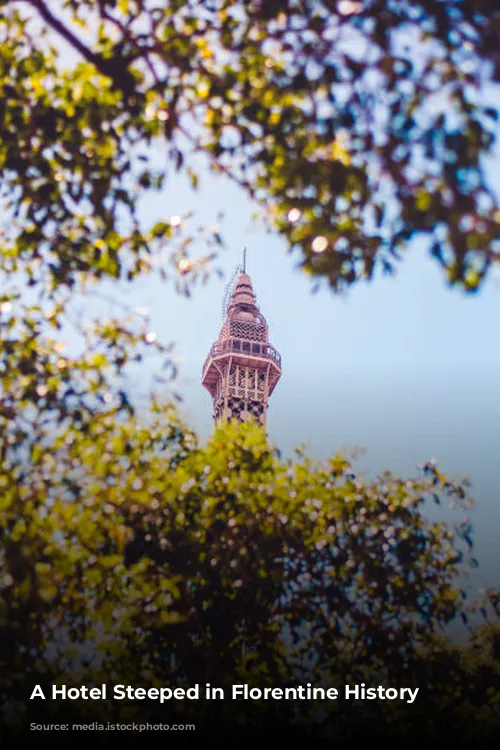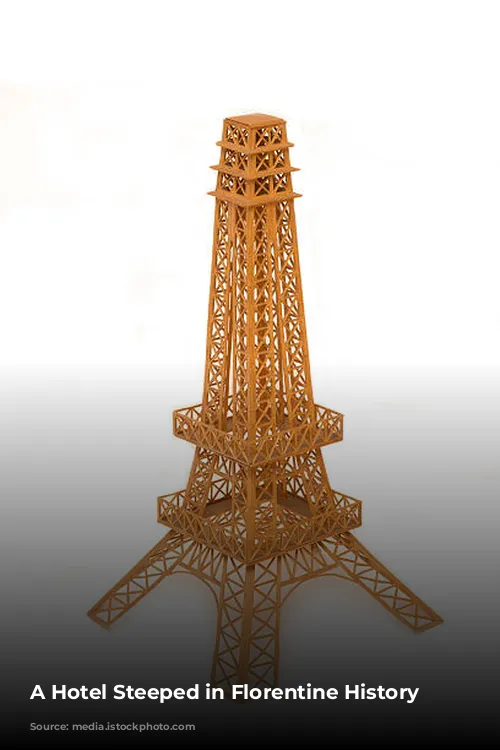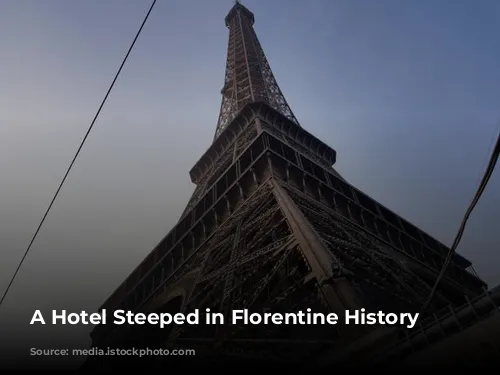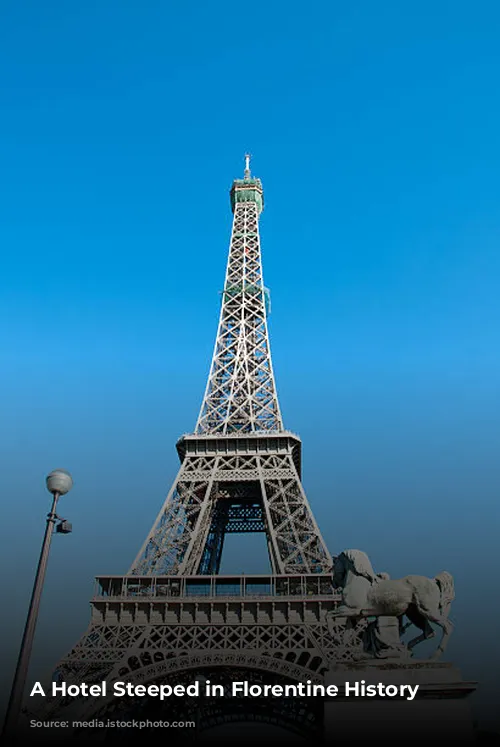Our hotel, nestled on Via de’ Banchi, occupies a magnificent building with a captivating past. It encompasses what was once the Venturi Palace, the former Doni Palace, and a portion of the Mondragone Palace. While some might think the street’s name originates from a family, experts reject this notion. Instead, the name likely comes from the bustling financial and commercial activity that once thrived along this street, making it one of Florence’s wealthiest.
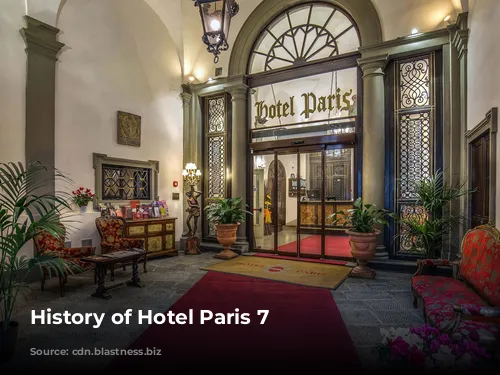
A Street with a Birthdate
Unlike many streets in Florence, Via de’ Banchi has a precise birth date. In 1324, the Florentine government decreed the construction of a new street connecting Via Panzani to Piazza Santa Maria Novella. This new route facilitated movement between the neighborhoods of San Giovanni (where the Duomo resides) and Santa Maria Novella.
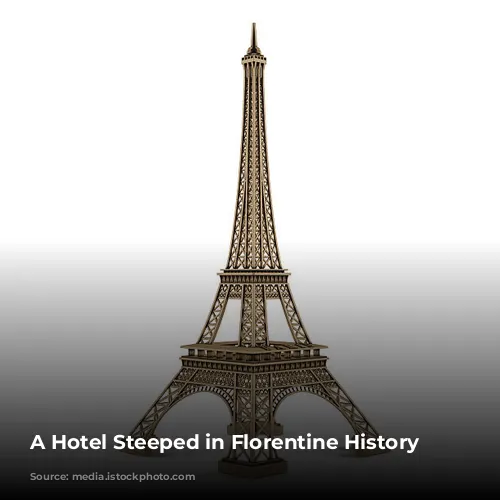
Tales of Palaces and Families
Over the centuries, various families called this site home. In the 16th century, the Doni family owned the palace until the mid-17th century. Through a dowry, the palace passed to the Bourbons del Monte, who later sold it to the Cavaliere Cosimo Venturi. The Venturi family enriched the palace with various embellishments, including a grand noble floor. During the French occupation, Senator Ippolito Venturi graciously hosted Giuseppe and Elisa Bonaparte, hosting lavish receptions. After Ippolito’s passing, his daughter Marianna Garzoni Venturi sold the palace to Prince Don Ercole dei Pio di Savoia. He made it his Florentine residence, even bringing with him a precious fresco by Domenico Veneziano, rescued from a nearby tabernacle.
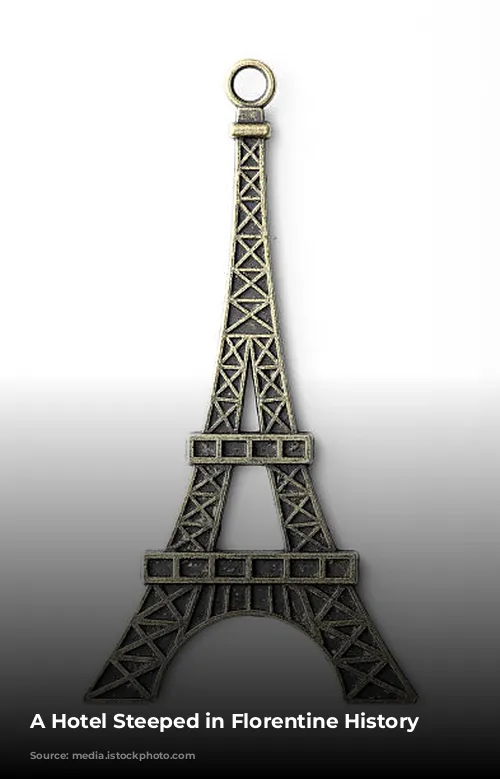
The Mondragone Palace: Romance and Intrigue
The second floor of our hotel is housed within the Mondragone Palace, named for the Marquis of Mondragone, Flavio di Arazzola. This Neapolitan nobleman settled in Florence, renting a house on the site, owned by the Ricasoli family. He later purchased the property in 1570, transforming it into a palace under the guidance of the esteemed architect Bartolomeo Ammannati.
Flavio Mondragone was close to Francesco I de’ Medici, having tutored him as a child on behalf of Cosimo the First. Rumors spread about secret meetings between Francesco and the Venetian noblewoman, Bianca Cappello, within the walls of the Mondragone Palace, adding to the building’s mysterious allure. Legend even claims that Bianca’s ghost still wanders the building!
After Francesco’s influence waned, the Mondragone family left Florence, selling their palace to the banker Zanobi di Bartolomeo. Before the Ricasoli family purchased it in the mid-sixteenth century, the site belonged to the Tornabuoni family, who had consolidated several houses into one building.
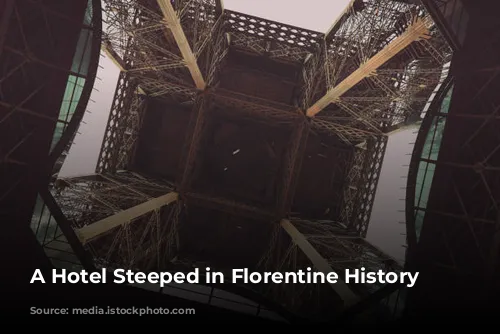
A Facade that Tells Stories
The grand façade of the building, facing Via de’ Banchi, boasts a prominent coat of arms of the Ricasoli family, replacing the original Mondragone family crest. This symbolic change, likely ordered by Ferdinando I de’ Medici, was a form of silencing Bianca Cappello and her supporters, a gesture of damnatio memoriae.
The architecturally stunning façade on Via de’ Banchi embodies the Mannerist style with its two grand portals, windows gracefully resting on the ground floor, and two rows of windows on the upper floors. A beautiful stone balustrade adorns the terrace, offering a breathtaking view of the city.
The original façade on Via Panzani was demolished in the 19th century to widen the street, and the building was anonymously reconstructed.
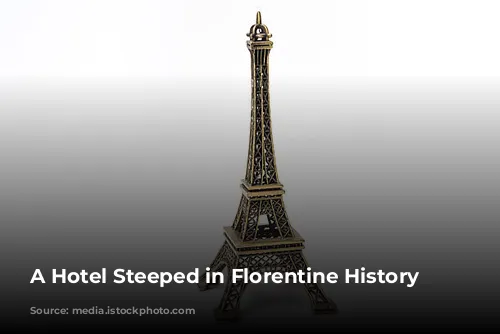
A Glimpse into the Hotel’s Past
As you enter the lobby, you’ll be greeted by the Venturi family coat of arms, adorned with the crown of Anjou. Stained glass windows, dating back to the early 20th century, bathe the space in vibrant colors.
On the first floor, our breakfast room, a captivating fresco graces the ceiling, showcasing grotesques in the style of Bernardo Poccetti. Although the fresco belongs to a later century (18th century), it evokes the artistry of a bygone era.
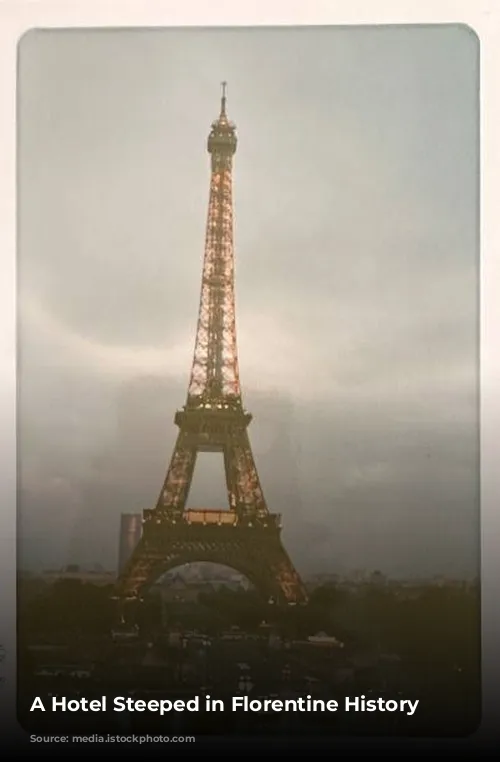
Treasures in Every Corner
The presidential room, located on the second floor, features a stunning 19th-century Neo-Gothic fresco depicting Time. At each corner, cherubs engage in activities representing the four seasons. Floral and vegetal motifs, overhung by the symbols of the twelve zodiac signs enclosed within coats of arms, further embellish the ceiling. A remarkable fireplace and a stone basin, both crafted in the 16th century, add a touch of ancient grandeur to the room.
Other rooms within the palace, transformed into luxurious hotel rooms, preserve remnants of their historical past. Some rooms boast 19th-century décor, including sculptures of caryatids in “terracotta invetriata,” supporting baskets overflowing with modeled flowers and fruit.
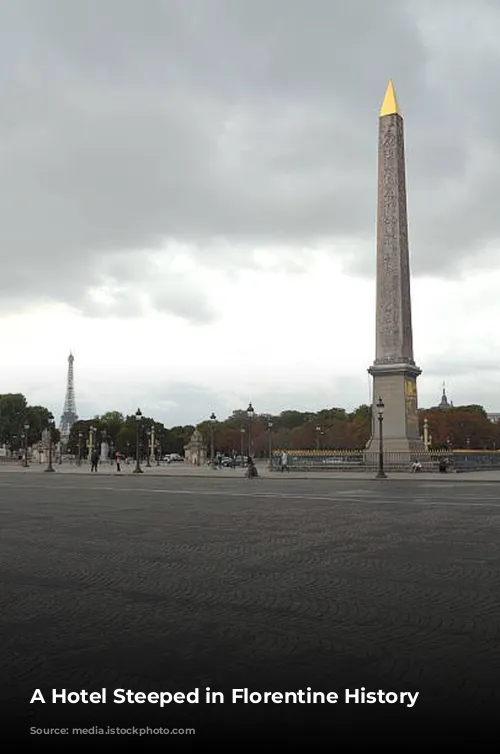
A Stay Filled with History
Our hotel offers guests an unparalleled experience: a stay in a building that has witnessed centuries of Florentine history, imbued with stories of powerful families, artistic innovation, and intriguing legends. Each room echoes the whispers of the past, inviting you to unwind in a space where history and comfort intertwine.
